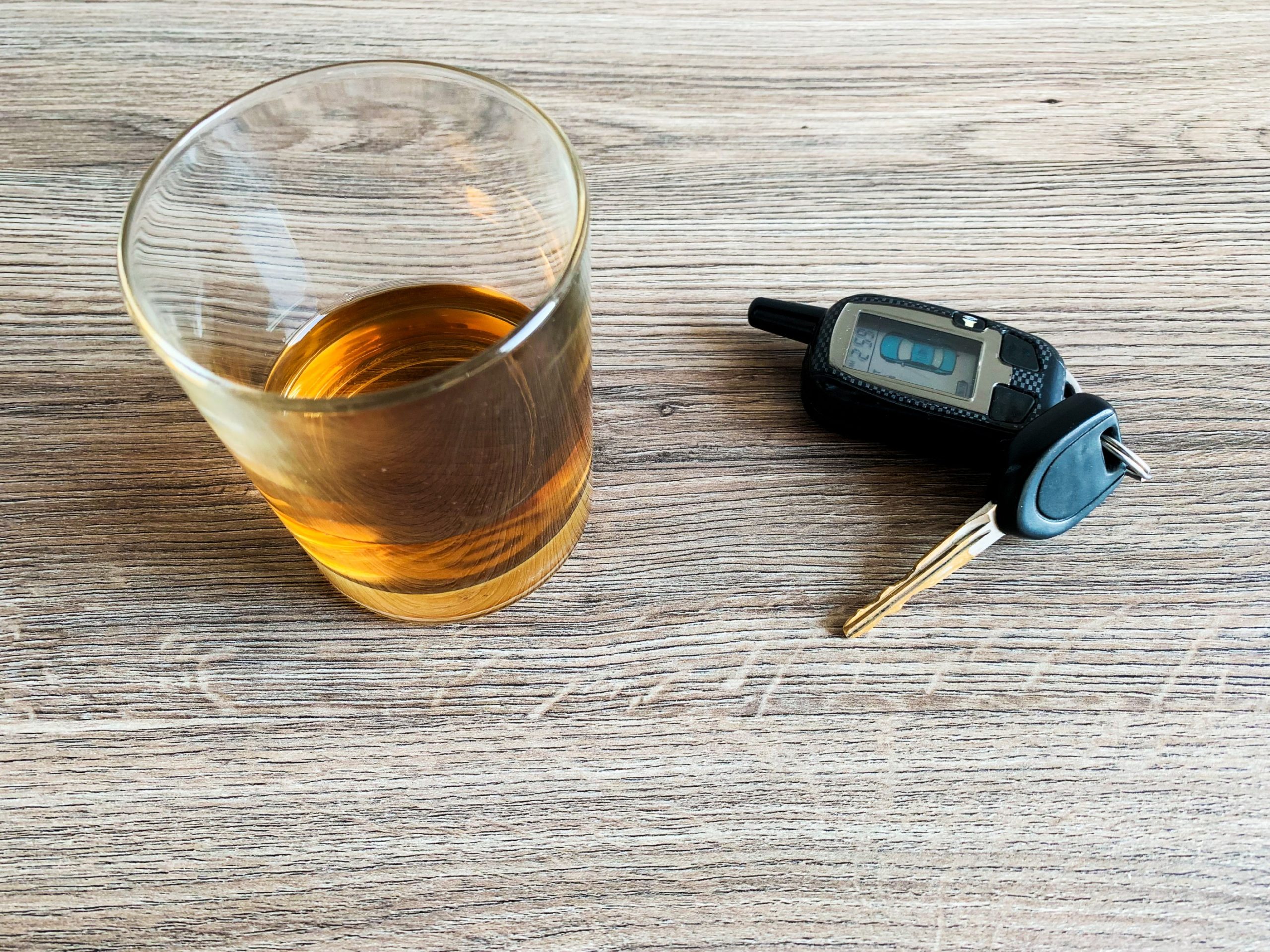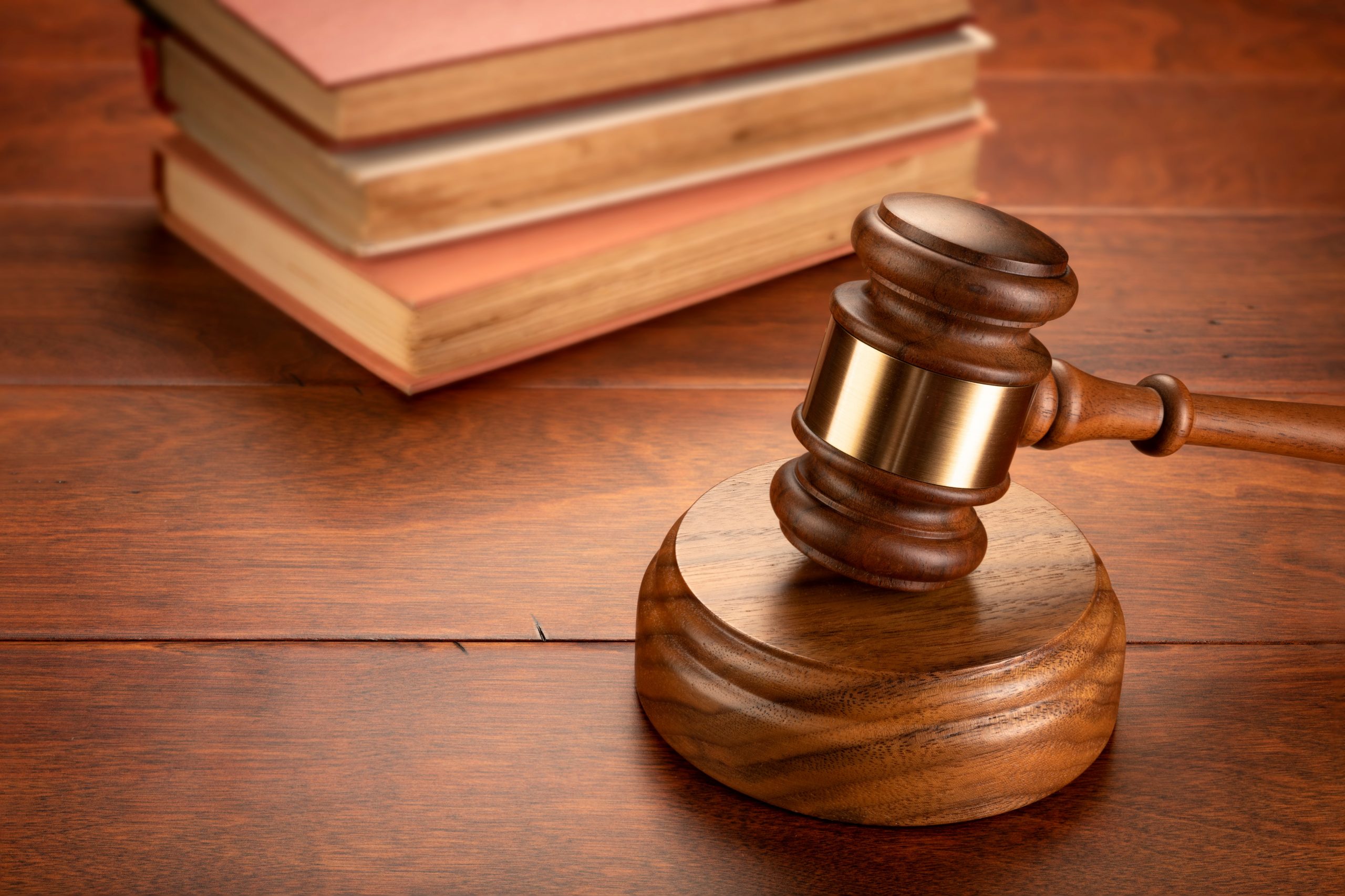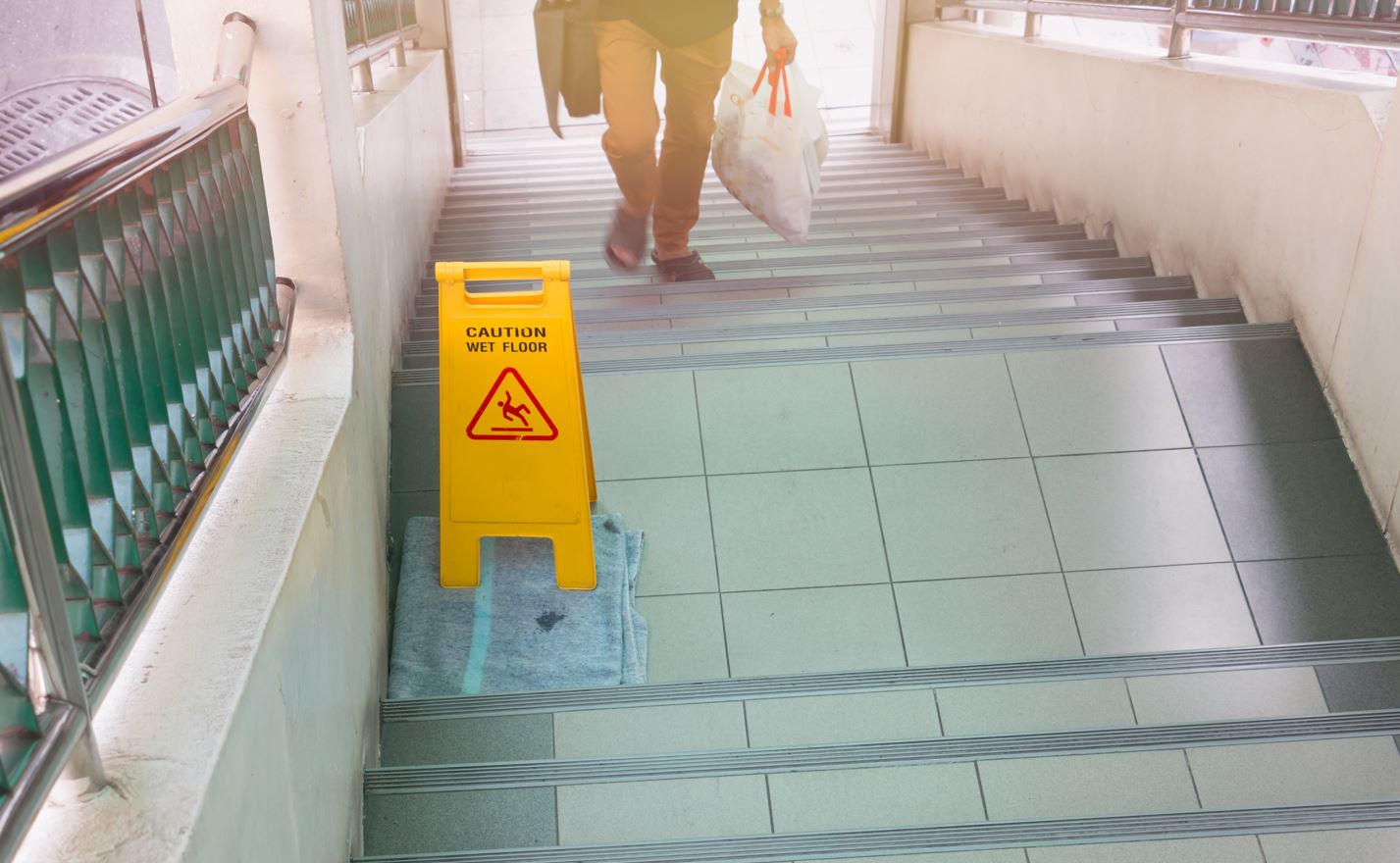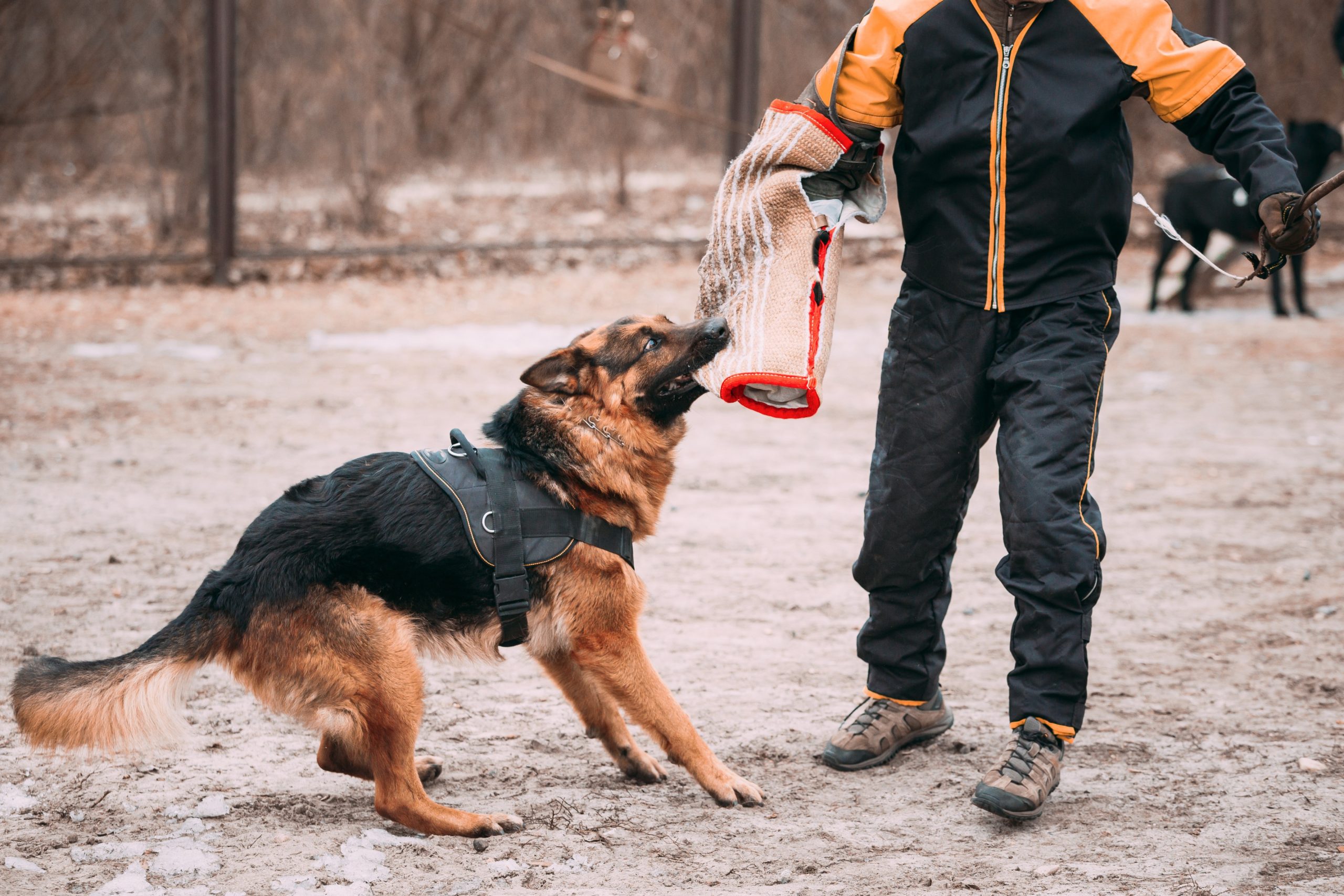Commercial radio regulations are a set of rules established by the Federal Communications Commission (FCC) to govern the operation of commercial radio stations. These regulations cover a wide range of areas, including programming, advertising, public service announcements, and ownership and control of radio stations.
The purpose of these regulations is to ensure that commercial radio stations serve the public interest and operate in a fair and equitable manner. In this post, we will explore the various regulations that apply to commercial radio stations and how they impact the operation of these stations.
What is Considered Commercial Radio?
Commercial radio is a type of radio broadcasting that is funded by commercial advertisers who purchase airtime to promote their products or services. This revenue model is designed to generate profit for the radio station and its owners, and may include a variety of advertising formats such as on-air spots, sponsorships, endorsements, and promotions.
Commercial radio stations typically operate on a for-profit basis and are owned by corporations or other entities. They are focused on maximizing their audience and revenue by delivering content that appeals to listeners and advertisers. This can include popular music, talk shows, news, sports, and other formats that attract a large and loyal audience.
Commercial radio stations are subject to various regulations related to their ownership, control, and operation, including rules related to equal employment opportunity, political broadcasting, and the airing of public service announcements.
What Regulates All Radio Communication in the United States?
The Federal Communications Commission (FCC) regulates all radio communication in the United States. The FCC is an independent government agency that is responsible for regulating all forms of communication by radio, television, wire, satellite, and cable.
The FCC was created in 1934 to replace the Federal Radio Commission and was given expanded authority to regulate all forms of communication. Today, the FCC is responsible for ensuring that all radio communication in the United States operates safely and efficiently, and that it serves the public interest.
The FCC regulates radio communication through a variety of means, including licensing radio operators, setting technical standards for radio equipment, and enforcing rules related to broadcasting content and ownership. The agency also monitors radio frequency use and enforces regulations related to interference and spectrum allocation. Overall, the FCC plays a vital role in regulating radio communication in the United States, and ensuring that it serves the public interest.
Government Regulation of Radio in United States
The FCC has a number of responsibilities related to radio broadcasting. It is responsible for licensing radio stations, setting technical standards for broadcast equipment, and ensuring that radio broadcasters comply with federal regulations. The FCC also has the authority to enforce fines and other penalties for violations of its rules.
One of the most important aspects of the FCC’s regulation of radio broadcasting is the allocation of radio frequencies. The FCC is responsible for deciding which frequencies will be used for different types of radio broadcasting, such as AM or FM radio, and how much power each station can use. The FCC also regulates the ownership and control of radio stations, in order to prevent any one individual or company from monopolizing the airwaves.
The FCC also regulates the content of radio broadcasts, particularly with regard to obscenity and indecency. The agency has the authority to fine radio stations that broadcast material that is considered indecent or obscene, and it has set guidelines for what constitutes acceptable content.
Overall, the FCC’s regulation of radio in the United States is intended to ensure that radio broadcasting serves the public interest, and that the airwaves are used in a way that is fair and equitable. While there have been debates over the years about the appropriate level of regulation, the FCC remains a central player in the regulation of radio broadcasting in the United States.
Government Radio Regulations and Policies in USA
Licensing
Licensing is a key aspect of government radio regulations and policies in the United States. The Federal Communications Commission (FCC) is responsible for licensing and regulating all radio communication in the United States, including commercial and non-commercial radio stations, as well as individual radio operators.
To obtain a radio license in the United States, an applicant must demonstrate that they meet certain qualifications and requirements, such as passing an exam to demonstrate knowledge of radio operation and regulation, and demonstrating the ability to operate radio equipment safely and competently.
Ownership and Control
Ownership and control regulations are a set of rules established by the Federal Communications Commission (FCC) to regulate the ownership and control of radio stations in the United States. The purpose of these regulations is to promote diversity of viewpoints and prevent a single entity or group from monopolizing the airwaves.
The FCC has established specific limits on the number of radio stations that a single entity can own in a particular market, as well as limits on the total number of radio stations that an entity can own nationwide. These limits vary depending on the size of the market and the number of radio stations in that market.
Equal time and Fairness Doctrine
Equal time and fairness doctrine are two government radio regulations and policies that were enforced in the United States in the past to ensure fair and impartial coverage of political issues on broadcast media.
The equal time rule, also known as the equal opportunity doctrine, required that broadcasters provide equal airtime to all political candidates who were running for the same office. This rule was enforced to prevent any one candidate from receiving an unfair advantage over others by receiving more airtime or coverage.
The equal time rule applied to all federal, state, and local elections, and it also applied to political parties and ballot initiatives.
Public File
In the United States, one of the key government radio regulations is the requirement for radio stations to maintain a public file. A public file is a collection of documents and information that the Federal Communications Commission (FCC) requires radio stations to make available to the public upon request.
The public file includes information about the station’s ownership, management, and programming, as well as data related to the station’s community involvement and public service initiatives. The public file also includes documentation related to the station’s compliance with FCC regulations, such as its equal employment opportunity (EEO) policies and political broadcasting requirements.
The purpose of the public file is to provide transparency and accountability for radio stations, and to ensure that they are serving the public interest.
Emergency Alerts
Emergency alerts are an important part of government radio regulations and policies in the United States. The Federal Communications Commission (FCC) requires all radio stations to participate in the Emergency Alert System (EAS), which is a national public warning system that enables the President of the United States to address the nation during a national emergency.
In addition to national alerts, the EAS also allows state and local governments to issue emergency alerts for severe weather, natural disasters, and other types of emergencies. These alerts are broadcast by radio stations and other media outlets to ensure that the public is informed and can take appropriate action to protect themselves and their property.
Types of Licenses
Commercial Radio Broadcast License: This type of license is required for radio stations that intend to generate revenue through advertising or other commercial activities. Commercial radio stations are subject to FCC regulations related to ownership, programming, advertising, and other aspects of their operation.
Noncommercial Educational Radio Broadcast License: This type of license is for radio stations that are operated by non-profit educational organizations, such as colleges, universities, or schools. Noncommercial radio stations are not permitted to broadcast commercial content, but they may receive funding from donations, grants, or government funding.
Low Power FM (LPFM) Broadcast License: This type of license is for low-power FM radio stations that are intended to serve local communities. LPFM stations are subject to specific technical requirements and must meet certain eligibility criteria, such as being non-commercial and locally owned and operated.
Translator/Booster License: This type of license is for radio stations that use translators or boosters to enhance their signal. Translators are used to extend a station’s coverage area, while boosters are used to improve the quality of the signal within an existing coverage area.
AM and FM Construction Permits: These licenses are issued by the FCC to allow radio stations to construct or modify their broadcast facilities. Construction permits are required for new stations or major modifications to existing stations, and they are subject to FCC regulations and technical requirements.
The Difference Between Community Radio and Commercial Radio?
The main difference between community radio and commercial radio is their ownership and funding models, as well as their goals and objectives.
Community radio stations are owned and operated by non-profit organizations or communities, and they are funded through donations, grants, and other sources of community support. These stations aim to provide a platform for local voices, perspectives, and cultural expression, and they often focus on serving specific communities or interest groups.
Community radio stations are often staffed by volunteers, and they may provide training and other opportunities for community members to get involved in the production and programming of the station.
On the other hand, commercial radio stations are owned by corporations or other for-profit entities, and they generate revenue through advertising and other commercial activities. Their primary goal is to maximize profit for their owners and shareholders, and they often aim to reach the largest possible audience by playing popular music, providing news and entertainment content, and broadcasting sports events. Commercial radio stations often have professional staff and may invest heavily in marketing and promotion to attract listeners and advertisers.
In terms of regulation, both community and commercial radio stations are subject to FCC regulations related to ownership, programming, advertising, and other aspects of their operation. However, community radio stations may be subject to additional regulations related to their non-profit status and community focus.
Conclusion
In conclusion, commercial radio stations in the United States are subject to a range of regulations and policies aimed at promoting competition, protecting consumers, and ensuring the public interest. These regulations cover areas such as ownership, programming, advertising, and technical standards, and they are enforced by the Federal Communications Commission (FCC).
Some key regulations and policies include the equal time rule, the public file requirements, and the Emergency Alert System. While commercial radio stations have more flexibility than noncommercial stations in terms of programming and revenue generation, they must operate within the bounds of these regulations to ensure that they serve the public interest and operate in a fair and competitive marketplace.
Company Bio:
Rent2way is a communication equipment rental company specializing in two-way radios, walkie-talkies, and related accessories. We provide short-term and long-term rentals to meet the needs of a wide range of industries, including events, construction, and hospitality. With years of experience in the communication industry, we have built a reputation for delivering high-quality and dependable services to our clients.











